Addressing the new era of deforestation regulation - Analysts, global monitoring, and affordability
With the EU Deforestation Regulation passed and other regulations in the pipeline, times are a changing for the palm oil industry. Our latest post explains how Palmoil.io can help you meet these new challenges.
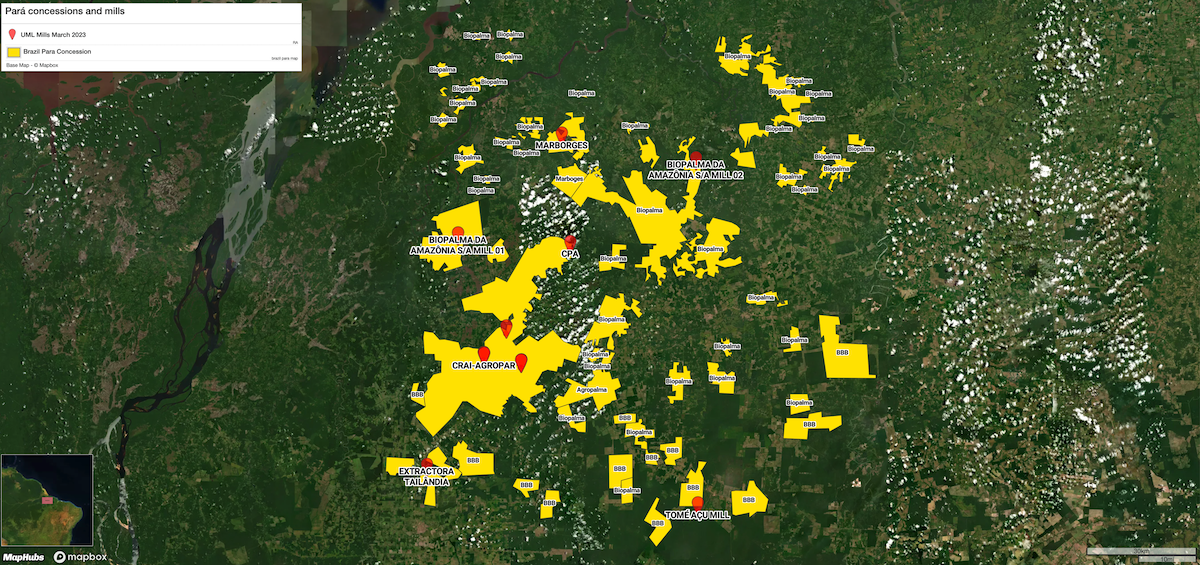
Like a starter’s pistol going off, the race to comply with the EU Deforestation Regulation (EUDR) began yesterday with the regulation finally passing parliament. The regulation goes into effect in 18 months, which means the palm oil along with six other commodities have a substantial amount of work to do. And it’s not just the EUDR. My own state on New York is also in the process of passing a new New York Tropical Deforestation-Free Procurement Act.
Palm oil companies will be bombarded with a range of tools and services to help them comply. As a company that has been monitoring deforestation since 2017, we know a few things about the specifics of palm oil-specific monitoring. I want to briefly explain how we plan to approach this monumentally important but complex task, perhaps a little differently than our peers.
Analysts not just algorithms
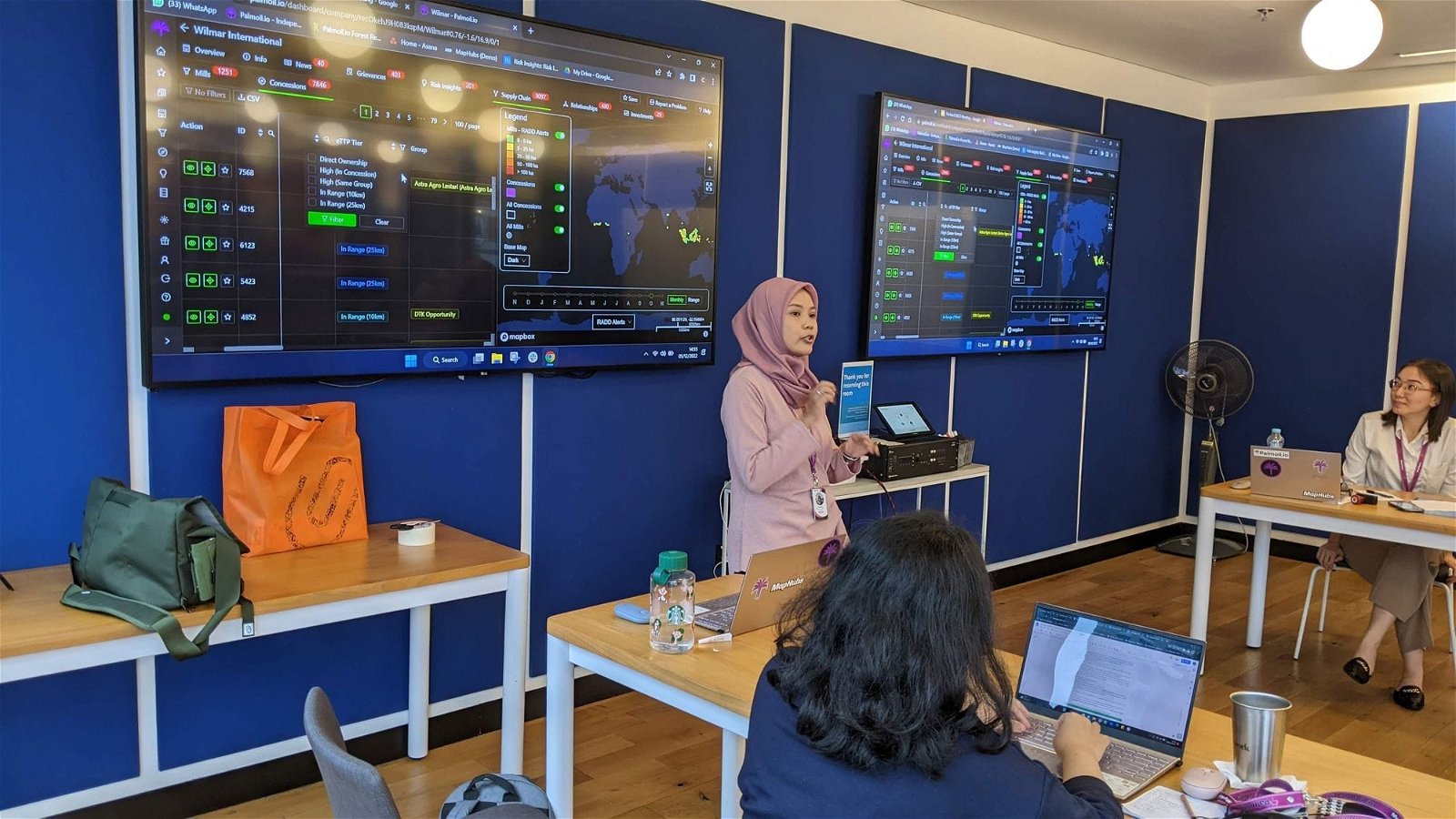
Monitoring and tracing palm-related deforestation is about much more than detection using satellites and algorithms. Humans are still very much required and a proprietary technology, particularly one that has not submitted itself to independent peer review, is probably not good value for money. So when you hear about the latest and greatest in AI to help you comply - particularly from a company with no forest monitoring track record - have your pinch of salt at the ready.
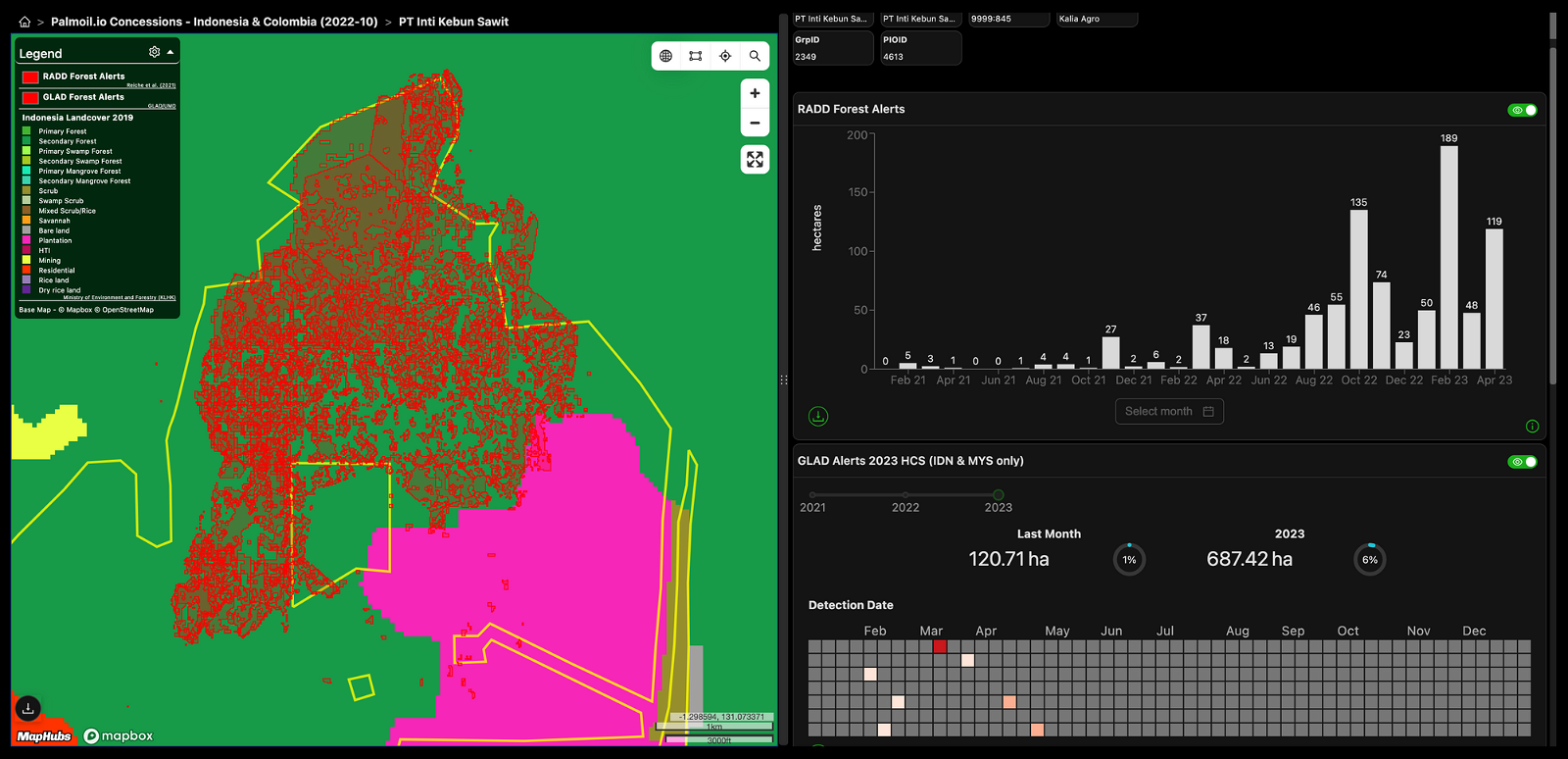
At Palmoil.io, we use freely available GLAD and RADD alerts to detect deforestation. We customize the data, filtering for particular land classes such as known plantations, which has proven to be an accurate and reliable tool for detecting deforestation. And we don’t stop there. Our trained analysts review alerts with high resolution satellite imagery and make judgments on what caused the deforestation, whether it is likely to be linked to palm oil, and your supply chain. Then they map it. This method has been refined over 6 years and resulted in over 1,000 grievance submissions with only 14 disputes of whether it was in fact deforestation. A 99% success rate is not too shabby.
Going global
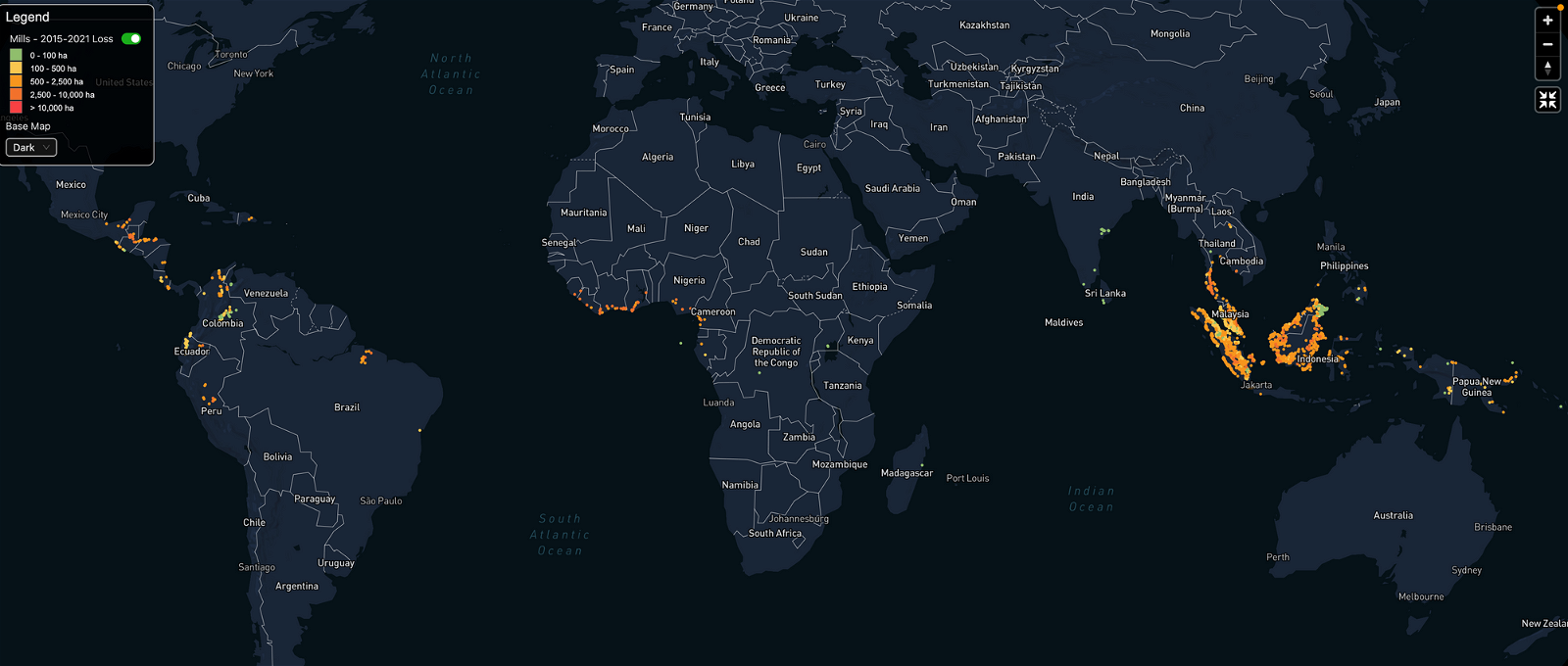
Palm oil production is increasingly a global business with new palm mills and refineries opening in Latin America and ambitions to grow in West and Central Africa. To comply with the EUDR, your monitoring will need to be global.
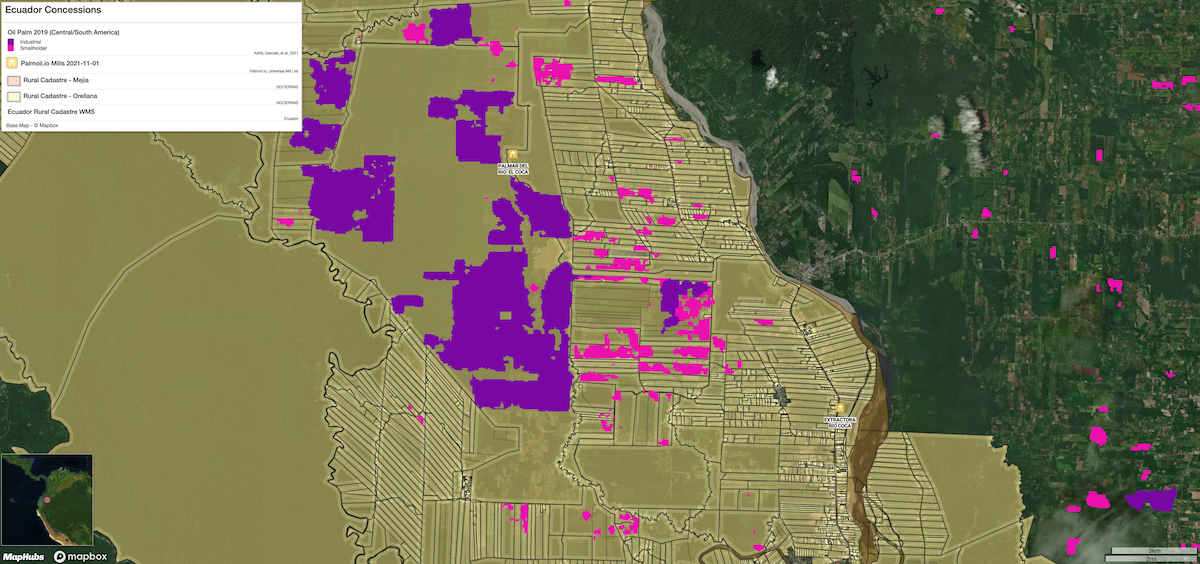
At Palmoil.io, we are monitoring all known industrial mills, all 2,150+ of them, and will soon be adding traceability data to 5 new countries in addition to Indonesia, Malaysia, and Colombia. We also track news stories and grievances cases from around the world, filing them to your dashboard. And as a clear sign on how global the industry has become, I will be speaking in Miami at the very first RSPO Inter-American Conference on May 30-31. I hope to see many of you there.
Affordability
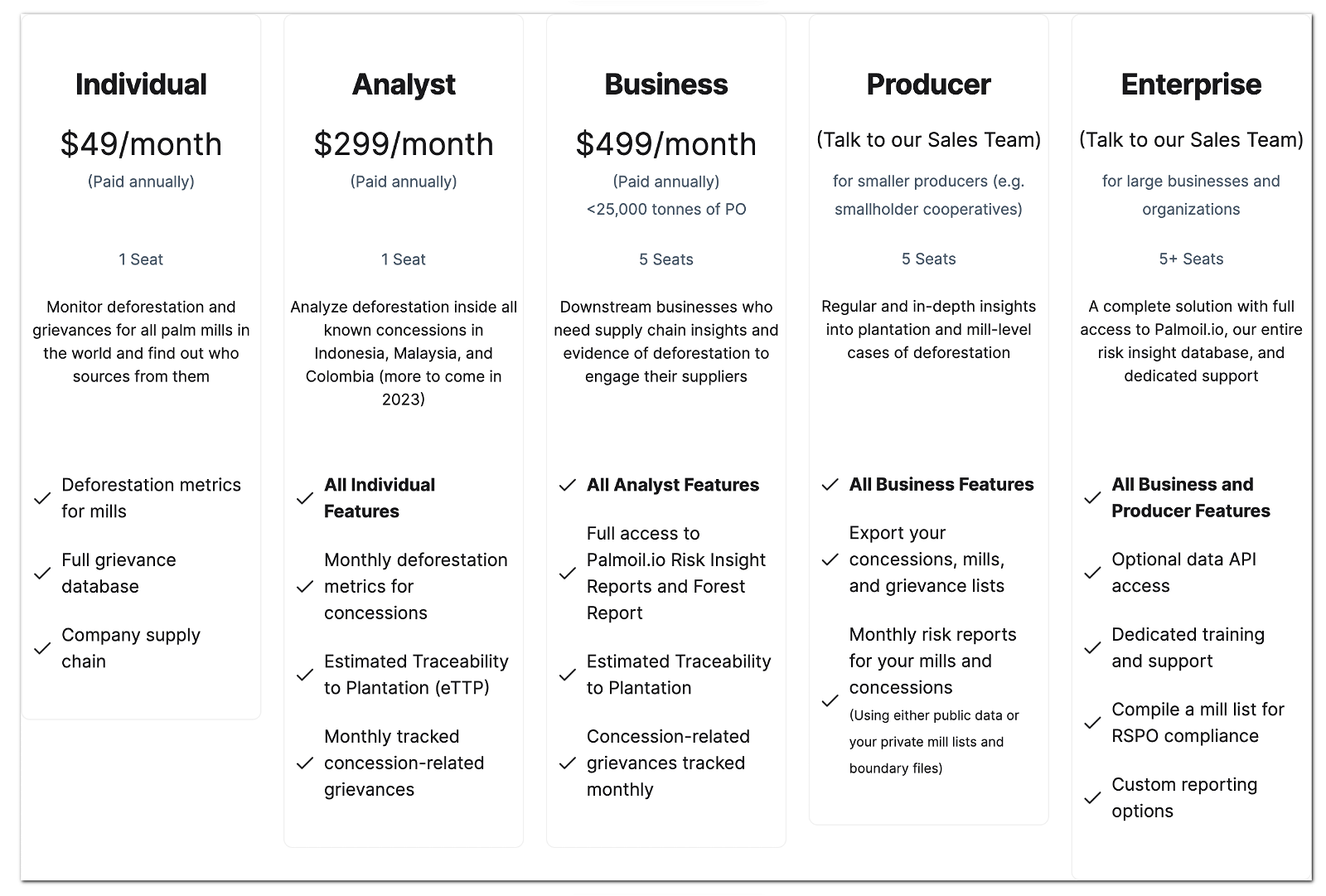
Before we entered, the commercial deforestation monitoring industry was dominated by the proverbial smoke-filled room approach of highly paid consultants working hand in glove with the industry’s largest players. That may be a good start, but it looks like an increasingly old-fashioned way of approaching deforestation monitoring.
We did things differently. We invested in open data, customized public algorithms, and dug into the open source coding community for cutting edge mapping and satellite technology. This enabled us to build Palmoil.io quickly and affordably. It also allowed us to offer a comprehensive service featuring a thousand company dashboards updated monthly, and helped us avoid the cozy data siloes favored consultants.
This has one clear benefit for our customers - affordability. We pride ourselves on being the only deforestation monitoring company that publishes its prices. You can find them here. Starting at $49/month, we offer a range of tiers to support some of the industries biggest players such as Golden Agri Resources and BASF but fit the budgets of smaller companies and grassroots groups.
Offering something a bit different

We know we are a different sort of company. We have a healthy skepticism of what technology can and can't do, which is why we continue to invest in people-centered monitoring. We also understand how commodities function, so global monitoring has always been our priority. And we know that complying with regulations is difficult enough without being stuck with an enormous bill. We plan to keep our focus squarely on providing subscribers with consistent, reliable, and global analysis at a fair price. Not let's get on with it.
Contact us at sales(at)maphubs.com for questions, quotes, and demo requests.

